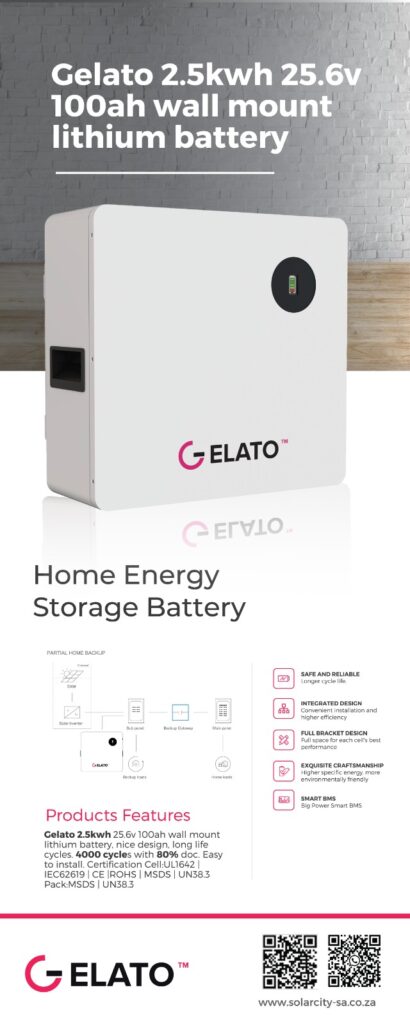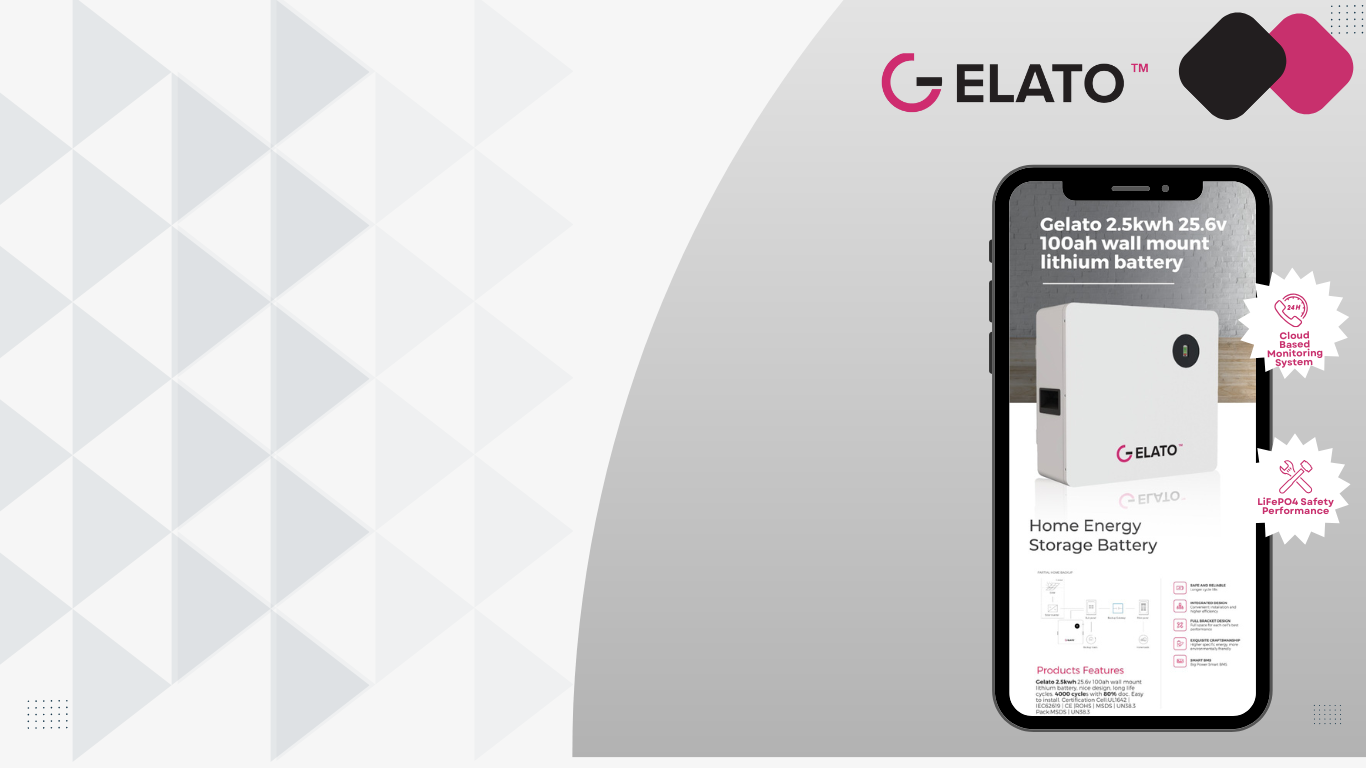Introduction
South Africa, with its abundant sunshine, is an ideal location for harnessing solar energy. As the country continues to grapple with energy security and environmental concerns, solar systems have emerged as a viable solution. This blog post provides an in-depth exploration of everything you need to know about solar systems in South Africa covering its benefits, types, installation, and maintenance.
How Solar Systems Work
1. Solar photovoltaic (PV) technology: This is a very modular technology that can be manufactured in large factories to achieve economies of scale and can also be deployed on a small scale. From small residential roof systems to large-scale utility-scale power generation facilities, solar photovoltaic technology has a wide range of applications. Despite the increase in investment costs due to rising commodity prices, solar photovoltaics are still the lowest-cost choice for new power generation in most countries around the world. Distributed solar photovoltaics, such as solar energy on building roofs, will grow faster due to rising retail electricity prices and policy support. The deployment of solar photovoltaics has increased significantly in recent years, and it is necessary to continue to expand to meet the requirements of the 2050 net zero-emission scenario, which requires continuous policy ambition.
2. Composition of solar systems: Solar systems usually include photovoltaic cells, solar panels, inverters, batteries, brackets and installation systems, as well as solar accessories. Photovoltaic cells can capture sunlight and convert it into electrical energy. Solar panels are composed of multiple photovoltaic cells, which determine the total power generated by solar panels. The inverter converts the direct current (DC) generated by the solar system into alternating current (AC) for household appliances. We use the battery to store solar energy for use when sunlight is unavailable. Brackets and installation systems secure solar panels in the optimal position. Solar accessories, including solar charging controllers, solar cables, and solar meters, monitor and manage solar system performance.
3. Types of solar systems: Solar systems can be divided into off-grid systems, grid-connected systems and systems with battery backup. The off-grid system does not rely on traditional power grid power supply and is suitable for rural areas with poor grid connection or areas with frequent power outages. The grid connection system is connected to the power grid. Solar power can be used when the sun is sufficient, and power grid power can be used at other times. Systems with battery backup can store excess solar energy for use during peak demand or power supply at night.
4. The future of solar energy technology: Solar energy technology is developing rapidly, including new high-efficiency solar cells using calcite materials. By combining traditional silicon materials with calcium titanite materials, these batteries can make more effective use of solar spectrum, thus improving the efficiency of solar panels. Although these technologies have shown more than 33% efficiency in the laboratory, they still face the challenges of stability and durability in actual deployment. However, some companies plan to start commercializing the production of this new solar cell in the next few years.
5. The economy of solar systems: The cost of solar energy technology has dropped sharply in the past decade, making solar energy not only affordable, but also often the cheapest form of electricity. The price of solar modules fell by up to 93% between 2010 and 2020. During the same period, the global weighted average electricity cost (LCOE) of utility-scale solar photovoltaic projects fell by 85%. This makes solar systems more and more popular around the world and plays an increasingly important role in global energy transformation.
Benefits of Solar Systems in South Africa
Moreover, Solar systems provide South Africans with numerous benefits, most notably significantly reduced electricity bills. By generating their own electricity, homeowners and businesses can significantly decrease their reliance on the grid and lower their energy costs. Additionally, solar systems increase property value, require minimal maintenance, and provide environmental benefits by reducing carbon footprints. Solar energy also promotes energy independence and improves energy security.
Solar System Options for South Africans
Residential solar products, typically ranging from 2-5 kW, are suitable for small to medium-sized homes. These systems can reduce electricity bills by up to 50%. Commercial solar systems, ranging from 5-100 kW, are ideal for businesses, schools, and government institutions, offering electricity bill reductions of up to 75%. Industrial solar systems, exceeding 100 kW, cater to large industrial operations and can lower electricity bills by up to 90%. Solar water heating systems are also available for residential and commercial use, reducing water heating costs by up to 80%.

Incentives and Rebates for Solar in South Africa
The South African government offers various incentives to encourage the adoption of solar energy. These include tax rebates, feed-in tariffs, and carbon credits. Eskom also provides rebates through standard and negotiated offers. Furthermore, renewable energy certificates and section 12B allowances provide additional financial benefits.
Installing and Maintaining Solar Systems
Choosing a reputable solar installer is crucial for a successful solar system installation. Ensure the installer is certified and experienced, and check references and reviews. The installation process typically takes 2-5 days and requires minimal disruption to daily activities. Maintenance requirements include regular cleaning to maintain efficiency, monitoring system performance, and scheduling regular maintenance checks.
Conclusion
Solar power offers a clean, efficient, and cost-effective solution for South Africa’s energy needs. With the right installation and maintenance, these systems can provide significant benefits for homeowners, businesses, and the environment. In summary, solar energy uses solar technology to generate electricity or thermal energy. They can be small residential capacities or large solar power plants. With the continuous progress of technology and the reduction of costs, solar power play an increasingly important role in global energy transformation.



